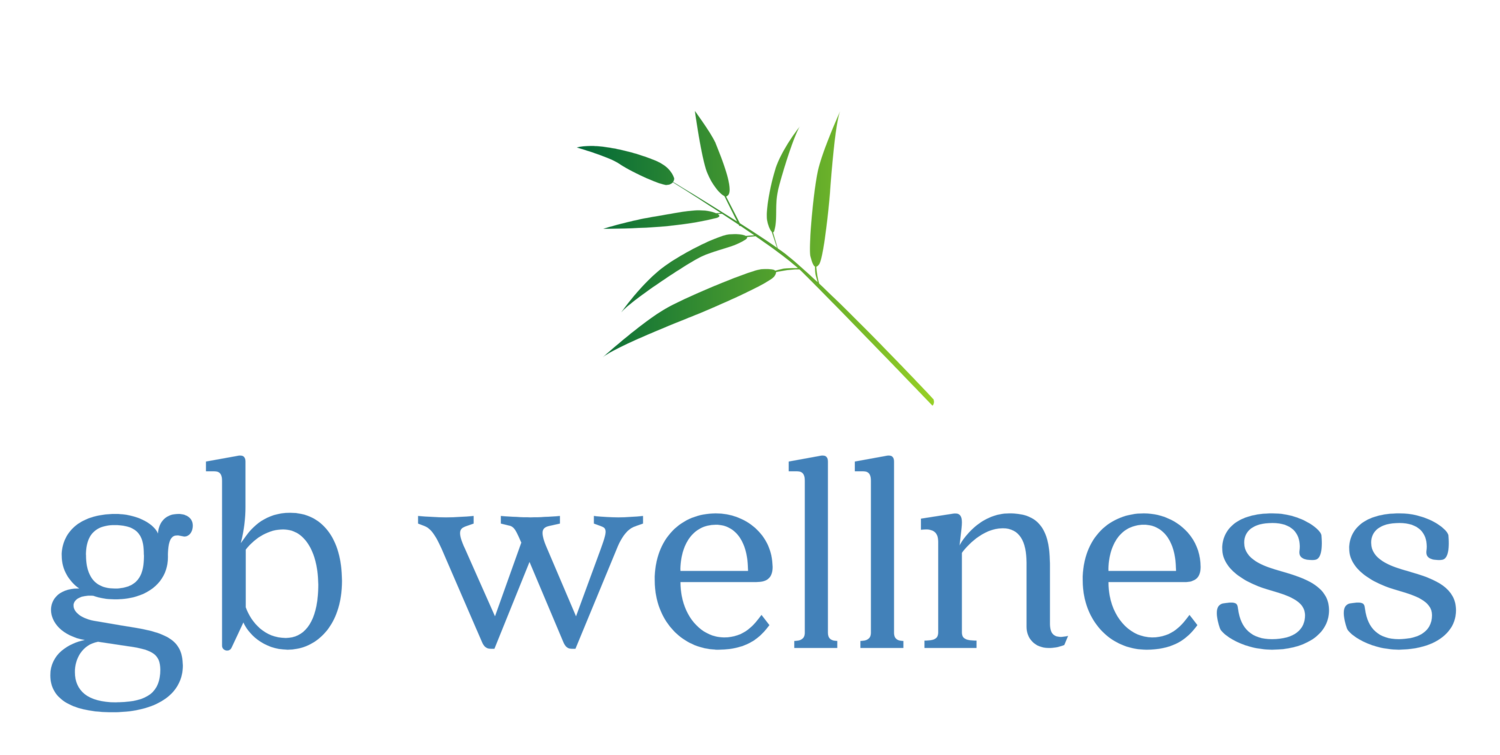Meditating is easier than you think. Really.
/I can not count the number of times clients have told me that meditating is NOT an option for them. And my response is always this: “If I can do it, anyone can do it.”
But, I will say unequivocally that I did NOT embrace it overnight. For ages, it was just one more thing on my “to do” list that I never seemed to get to.
I had been told for years by two very dear friends that I might want to consider either taking up yoga or meditating… could it have because of my Type A personality? Or maybe it was my constant state of anxiety. Probably both.
But I just couldn’t bring myself to do either of them - I was too busy! And THAT is one of the big problems in our society nowadays.
Dealing with our stress is non-negotiable
We think that dealing with our stress is a negotiable option. It’s not. I could list off at least half a dozen illnesses where stress plays a foundational role, but the thing is, fear isn’t a real motivator. What often pushes us to finally try something new is because we are suddenly confronted with “that” illness and we are desperate, or because it’s been on our radar for so long and suddenly an opportunity presents itself. That’s what happened to me.
Another good friend decided to hold a month long meditation challenge - where everyone had to commit to meditating for a month, and if they wanted, could post on her facebook page how things were going. No prize at the end, just a friendly challenge. And I signed up. That was over two years ago and I haven’t looked back.
Why is meditation important
For me personally, it sets up my day. Just a little piece of calm first thing in the morning. And where I have really noticed its impact is on my relationships with others. I don’t react to situations nearly as much, and I don’t let others negative reactions affect me like they used to. It has made life and living “lighter”, with more joy. And I don’t use the word joy lightly.
In terms of what the actual data shows about the benefits of meditation, the list is long. It includes:
Decreased cortisol levels
Decreased blood pressure
Better sleeps
Decreased chronic illness
Improved brain health, including enhanced memory, concentration and perception
Decreased anxiety levels
Increased levels of happiness and compassion
And if we want to talk about the impact of stress, just reverse the outcomes of the list above.
“WHEN YOUR WHOLE LIFE IS DRIVEN BY DOING, FORMAL MEDITATION PRACTICE CAN PROVIDE A REFUGE OF SANITY AND STABILITY.
MEDITATION IS REALLY A NON-DOING”
Jon Kabat-Zinn
Attitude counts
Jon Kabat Zinn created the Mindfulness Based Stress Reduction program (MBSR). (Note that the words mindfulness and meditation are often used interchangeably, but at its most basic level, mindfulness is a type of meditation).
Kabat-Zinn emphasizes that the attitude with which one undertakes the practice of meditation is crucial. If you come to the practice thinking to yourself, “This won’t work but I’ll do it anyway,” the chances are it won’t be very helpful. And yet the other end of the spectrum isn’t ideal either - if you approach it with the mindset that mindfulness / meditation is “the answer”, you will probably be disappointed. His feeling is that those who approach it with skepticism but with an open mind are usually the most successful.
It’s impossible to stop our thoughts
The best advice I could give anyone is to start small - just two to three minutes. And to start by focusing on your breath, whether it’s your chest rising and falling or the feeling of air going in and out of your nostrils - simply somewhere to focus your attention. And possibly more importantly, understand that it’s not about not thinking, rather it’s about noticing when you do get caught up in thought, and then coming back to your breath.
There are days where I feel like I’m actually getting the hang of it, but the next day I will spend most of my time thinking… I just can’t seem to stop. What I don’t do (anymore) is beat myself up when my mind wanders - because it’s always going to wander. It’s about bringing yourself back to your breath, or whatever your focus is. There is no destination or goal to achieve, which removes any pressure of “doing it right”.
Where do I start?
In my humble opinion, it’s best to start with a guided meditation, whether it’s one you subscribe to (there is always a trial first) or from one of the many free sites available. I started with Headspace and subscribed monthly, as I didn’t want to be locked-in for a year. That was a good option for me, as I switched it up after 6 months (I got tired of Andy’s voice). I had tried Calm’s trial initially but didn’t like the voice of the narrator (although I notice that it is now the #1 app for Meditation and Sleep). I now subscribe to the Waking Up app with Sam Harris.
Two of the free sites I have used often are Insight Timer (supposedly the #1 free app for Meditation and Sleep) and Tara Brach Guided Meditations.
A really great book (easy read, very funny) I read before getting into all of this was 10% Happier by Dan Harris. Dan was a correspondent with ABC news when he suffered an on air panic attack and started researching meditation and mindfulness as part of his work with ABC. He was a huge skeptic to start, which I was at the time, hence the book really resonated with me.
I hope this is helpful! Let me know your thoughts if you have a minute.


